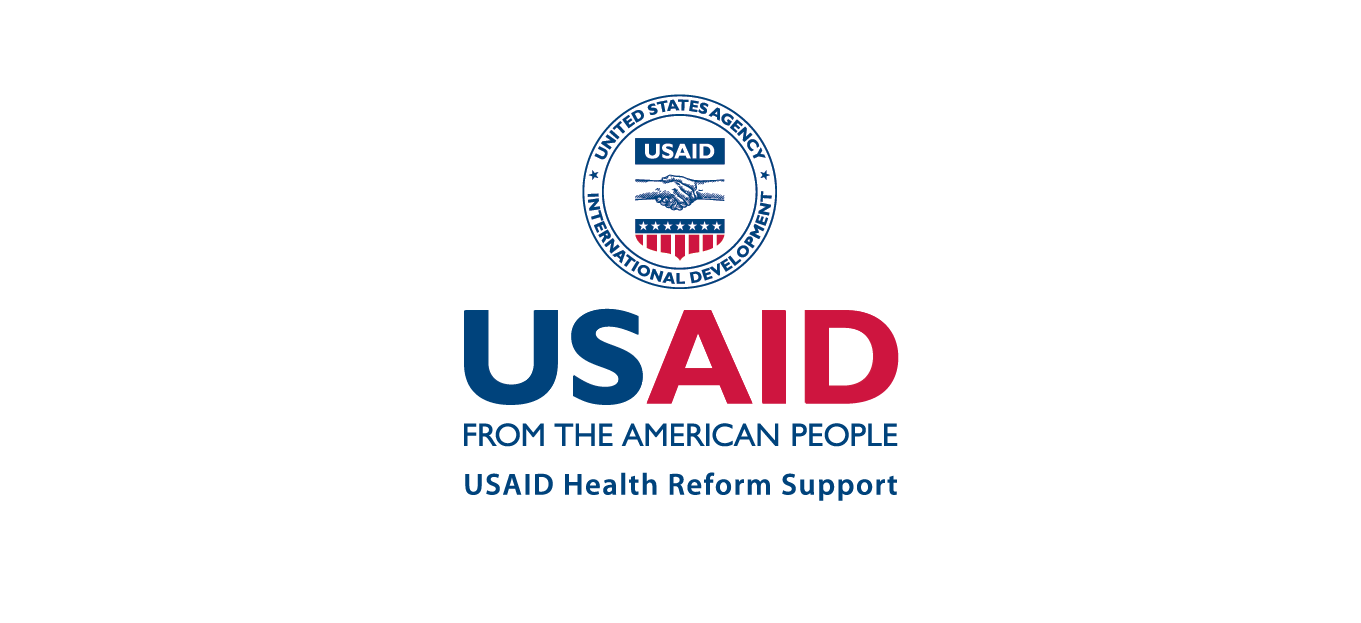Despite the fact that in Ukraine there is a Medical Guarantees Program for patients, when they receive medical care for free, and the expenses of the medical institution are covered by the National Health Service, hospitals do not always fulfill their obligations. How to avoid paying for free services?
For almost four years now, the Medical Guarantees Program has been operating in Ukraine, under which patients have the right to receive quality free medical care in medical institutions that have appropriate agreements with the National Health Service of Ukraine (NHSU). However, medical institutions do not always fulfill their obligations and sometimes violate the rights of patient— both intentionally and due to ignorance of the details of their own packages. For example, they demand money for services that should be free or refuse to provide assistance altogether.
VoxCheck, with the support of USAID Health Reform Support project, explains to patients how the state Medical Guarantees Program works, which medical services are free for Ukrainians under the program, and what to do if your rights are violated during the provision of this medical assistance.
With the support of the USAID Health Reform Support project, VoxCheck analyzes and refutes public health narratives spread in the information space of Ukraine, Belarus, and russia on a weekly basis.
“Here is your receipt”
Over the course of four years, there were 362 complaints lodged against medical institutions in the Lviv region, with the majority of cases (43% of complaints) involving unlawful demands for money for medicines or services. The leader in the region for both the total number of complaints and complaints regarding money demands is the Multiprofile Clinical Hospital of Intensive Treatment and Emergency Medical Care, better known as the First Territorial Medical Association of Lviv.
The First Territorial Medical Association was established in November 2021, combining the Clinical Hospital of Emergency Medical Care (now known as the Hospital of St. Panteleimon), the 8th Municipal Clinical Hospital (now known as the Hospital of St. Luke), and the Municipal Children’s Clinical Hospital (now known as the Hospital of St. Nicholas). There is also a branch, the Hospital of St. Anne. Currently, the association has the largest contract sum with the NHSU among medical institutions in the Lviv region. This indicates that the Territorial Medical Association provides the largest volume of medical services among them. Since the full-scale intervention in hospitals, the Territorial Medical Association has provided outpatient and inpatient care to almost 1 million patients.
Overall, before the reorganization, there were 74 complaints lodged against the First Territorial Medical Association and its structural subdivisions over four years, 39 of which were specifically related to unlawful demands for money for medicines or services.
One such complaint was filed to the NHSU in the summer of 2023. A patient was brought to the Hospital of St. Luke by ambulance with severe shortness of breath and weakness. Initially, she was diagnosed with “progressive angina.” However, to confirm this diagnosis, a series of tests and examinations were required, including a chest computed tomography (CT) scan. One of the doctors informed the patient’s relative that the CT scan needed to be paid for, which she did, receiving the corresponding receipt.
After being discharged from the hospital, the patient’s relative sought clarification regarding the legality of the demand for payment for the CT scan from both the hospital and the National Health Service of Ukraine by filing a complaint. Thanks to having the receipt for the service payment, the medical institution refunded her the money.
We reached out to the medical institution to inquire about the reason for the payment demand and how they addressed the situation from their end. The hospital explained that the chest CT scan was not initially included in the clinical protocols used to treat the patient. However, they stated that it was necessary to conduct the scan.
“Taking into account varied interpretations of legislation and in accordance with the situation at hand, as well as with the aim of preventing the development of a conflict situation between the medical institution and the patient, the hospital refunded the patient’s money,” says the acting general director of the medical facility, Iryna Lytvyn.
The hospital further adds that to avoid such situations, they advise patients regarding the payment or free provision of services through their hotline.
“The majority of citizens’ inquiries regarding free/paid services and the conditions for their receipt are discussed with patients on the contact center line of the medical association, during the appointment scheduling process, and at the patient registration stage in the hospital for receiving medical services,” explained the Territorial Medical Association.
What should a patient do if a medical institution violates their rights?
If the hospital has a contract with the NHSU for a specific package, then the patient can be certain that the National Health Service covers the cost of this service. Information about the contracts can be found on the NHSU website. Additionally, the medical institution itself is obligated to inform patients about the services available within the Medical Guarantees Program, either on its website or directly at the hospital.
“If the staff of the medical institution requests payment for a service, or medication, or provides a list of drugs that need to be purchased, it is advisable to first contact the hospital management to clarify why the service is not provided for free. The head of the medical institution is responsible for complying with the terms of the contract with the NHSU. However, sometimes they may not be aware that doctors are taking money from patients, and contacting them can help rectify the situation,” explains Taras Stetsenko, Deputy Head of the Patient Complaints Department at the NHSU.
If the problem cannot be resolved in this way, the NHSU strongly urges patients to lodge official complaints with them. Often, patients are reluctant to complain immediately because they fear the reaction of doctors, believing it will affect their treatment. However, the NHSU accepts complaints even after treatment is completed.
You can submit a complaint as follows:
- Call the NHSU contact center at 16-77.
- Send an email to: info@nszu.gov.ua.
- Send a letter by mail to the address: 19 Stepan Bandera Avenue, Kyiv, 04073.
Provide as much evidence as possible of the unlawful demand for money: receipts for purchased medications, audio or video recordings. Specify the correct name of the institution and the names of the healthcare workers who demanded money. The NHSU will contact the institution demanding a refund. If the institution still refuses to fulfill its obligations to the patient even after this, the NHSU may refer the matter to law enforcement agencies.
Why it is important for patients to complain about violations of their rights
Refunding money for a free service is the simplest but not the only result of a patient’s complaint. Complaints against medical institutions to the NHSU in general help improve Ukraine’s healthcare system and increase the quality of services provided. Thanks to complaints, medical institutions understand the losses they may incur. For example, for each identified instance of a patient paying for a service, the hospital refunds the NHSU 0.1% of the contract amount for the corresponding package. And the medical institution understands that it is more advantageous to provide the service for free rather than lose funding under the Medical Guarantees Program.
“The NHSU orders and pays for medical services in medical institutions in the interests of patients, so complaints from patients are important for monitoring the fulfillment of contract terms. Complaints are one of the elements of a risk-oriented system, which is decisive for conducting planned monitoring. Based on the results of a monitoring visit to the institution, the Commission for Consideration of Remarks and/or Objections by the Provider may recommend to the Head of the NHSU to terminate the contract, suspend payments, recalculate the contract amount, and if the contract term has already expired, then engage in legal and claims work,” says the Head of the Monitoring Department of the National Health Service of Ukraine, Serhii Laponoh.
In addition, the NHSU has started sending letters to the founders of medical institutions — such as regional councils or mayors — regarding complaints about these medical facilities. If there are complaints, it means that the terms of the contract with the NHSU are not being fulfilled, and the head of the medical institution appointed by the founder is not fully performing their duties. The NHSU informs that the head of the medical institution is ineffective, and based on such letters of appeal, the head of the medical institution may be dismissed and replaced with a more responsible one.
This information piece was produced with the assistance of the United States Agency for International Development (USAID), provided on behalf of the people of the United States of America. This article’s content, which does not necessarily reflect the views of USAID, the United States Government, is the sole responsibility of Deloitte Consulting under contract #72012118C00001.
Attention
The authors do not work for, consult to, own shares in or receive funding from any company or organization that would benefit from this article, and have no relevant affiliations


